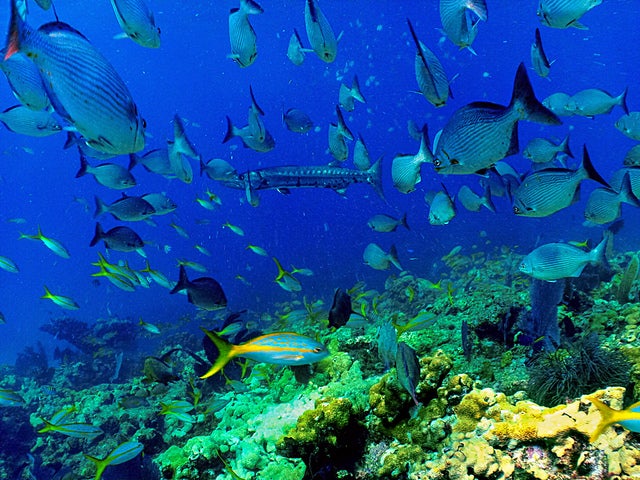
photo credit: Phil’s 1stPix via photopin cc
Ocean conservationists have been arguing for a long time that marine reserves are a good investment, because they help sustain many ecosystem services, including fisheries and tourism. Various studies have helped to quantify the value generated by marine reserves, but a new study puts it all together and presents a convincing value proposition for marine reserves. Now all we need are investors who can appreciate that value proposition and make it work economically, and the right combination of rules and governance that will make these new kinds of markets – ecomarkets – viable.
The benefits of marine reserves often outweigh the costs of establishing and maintaining them. You would think that there would be great demand for them, but instead the pace of marine reserve establishment has been slow and conflict-ridden. Why? Because many groups of people benefit from the status quo, and would suffer short-term economic harm from marine reserves. Also, the benefits of marine reserves take several years to accrue, while the costs are immediate. And while some of the benefits are fairly concrete and flow to discrete user groups – like lower fishing costs and higher fishery yields near the borders – others are less concrete (e.g., biodiversity and aesthetics) and flow to many user groups (e.g. tourists and people who like natural environments), including some (e.g., future generations) that don’t have much say in present day decisions.
So theoretically, marine reserves can pay for themselves and then some. But right now, few people want to invest in them. How do we change that? Read More










.jpg)
.jpg)